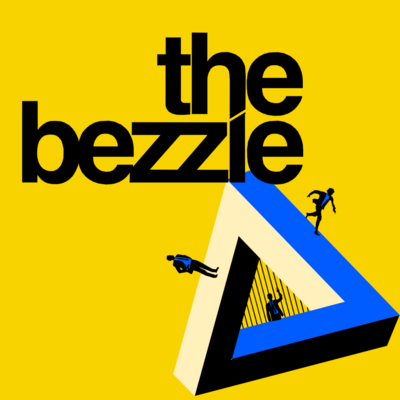Apple’s most valuable intangible asset isn’t its patents or copyrights - it’s an army of people who believe that using products from a $2.89 trillion multinational makes them members of an oppressed religious minority whose identity is coterminal with the interests of Apple’s shareholders.
–
If you’d like an essay-formatted version of this thread to read or share, here’s a link to it on pluralistic.net, my surveillance-free, ad-free, tracker-free blog:
https://pluralistic.net/2024/01/12/youre-holding-it-wrong/#if-dishwashers-were-iphones
1/


This is obviously bad for industry. Take the news media: some people think the thing that #BigTech steals from the news is the news itself. That’s a frankly bizarre argument: including the news in a search index or providing a forum where people can talk about the news is not bad for the news. News you’re not allowed to find or talk about isn’t news, it’s a secret.
5/
But Big Tech most assuredly steals from the news: it steals money. The #AdTech duopoly takes 51% out of every ad dollar. Social media holds news subscribers to ransom and requires “boosting” payment to reach the people who’ve asked to see their articles. And the mobile duopoly takes 30% out of every in-app subscription dollar:
https://www.eff.org/deeplinks/2023/06/save-news-we-must-open-app-stores
6/
The mobile duopoly likes to talk about the #MobileEcosystem, but it’s no ecosystem - it’s a pair of walled gardens:
https://crookedtimber.org/2022/12/08/your-platform-is-not-an-ecosystem/
It’s a planned economy run by a pair of corporate executives who deliberate in secret and are accountable only to their shareholders. Thankfully, some regulators are alive to the hazards of this #technofeudal arrangement and are taking firm measures:
https://www.bloomberg.com/news/articles/2023-12-13/apple-set-to-be-hit-by-eu-antitrust-order-in-app-store-fight-with-spotify
7/
These regulators couch their enforcement action in terms of defending an open market, but the benefits to app makers is only incidental. The real beneficiaries of an open app world is Apple customers. After all, it’s Apple customers who bear the 30% app tax when it’s priced into the apps they buy and the things they buy in those apps. It’s Apple customers who lose access to apps that can’t be viably offered because the app tax makes them money-losing propositions.
8/
It’s Apple customers who lose out on the ability to get apps that Apple decides are unsuitable for inclusion in its App Store.
That’s where the #CultOfMac steps in to cape for the $3 trillion behemoth. The minority of Apple customers for whom their brand loyalty is a form of religious devotion insist that “no Apple customer wants these things.”
9/
This is such obvious nonsense that it can only be described as an article of faith, not a reasoned position. If rival app stores - ones that had different editorial standards and different payment policies - existed, the only people who could possibly use them are Apple customers. Android users won’t be using an alternative iOS store. Symbian users aren’t going to be installing apps from an iOS store offered by someone other than Apple.
10/
If it’s true that “Apple customers don’t want non-Apple app stores,” then Apple wouldn’t need to use technological countermeasures and legal threats to prevent them from coming into existence. These non-Apple app stores would fail on their own terms.
11/
This is a point I first raised in The @[email protected] in 2015, with a satirical piece called “If Dishwashers Were iPhones” - a letter from a charismatic smart dishwasher CEO called Absterge, explaining that it’s unreasonable for customers to be able to buy their dishes from third-party dish vendors:
https://www.theguardian.com/technology/2015/feb/13/if-dishwashers-were-iphones
12/
The comments on that article are wild. It’s just a litany of people saying, “If you want to choose where you buy your apps, you shouldn’t buy an iPhone.” That this is exactly the same argument the fictional Absterge CEO makes about his dishwasher (“People who don’t want to go the Absterge way don’t have to”) is lost on them. As far as they’re concerned, any Apple customer who wants have the final say over how their $1,000 pocket computer works isn’t a true Apple customer.
13/